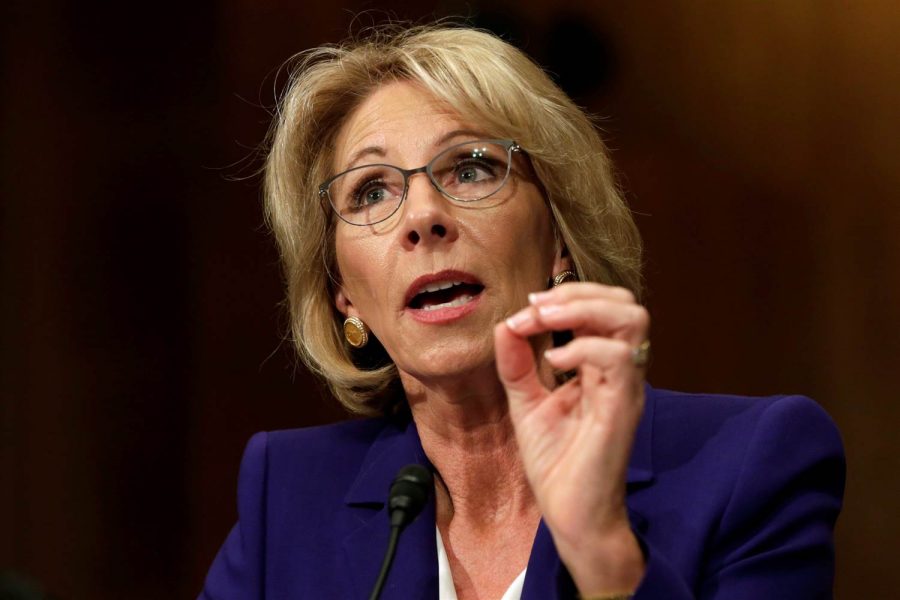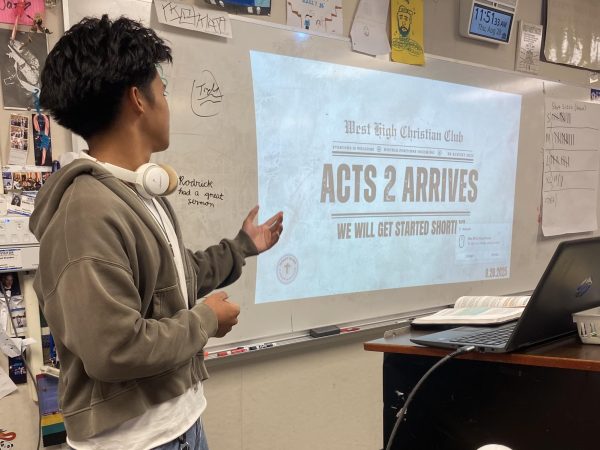New Education Secretary’s impact
On February 7, Betsy DeVos assumed office as the 11th United States Secretary of Education. Described on her website as “a proven leader, an innovator, a disruptor and an advocate” for education, DeVos is known for her activism and efforts in striving to provide a variety of learning options, empowering parents to have a say in their child’s education outside of traditional public schools.
DeVos has used her power and wealth (a family net worth of $5.1 billion) to influence education reform throughout Michigan, such as establishing programs to help start and fund charter schools. As Chairman of the American Federation for Children, co-founder of the West Michigan Aviation Academy and board member of the Foundation for Excellence in Education, she has certainly displayed an array of education-centered activism.
Despite over thirty years of involvement in such politics, however, DeVos herself has never held a position within a school or as an educator. This fact has caused some to question her credibility and qualification as the Secretary of Education, as she has little to no personal experience with the public school system, something that the majority of Americans and their children have.
Over the years, public schools have experienced significant financial cuts, as evident in the strained budgets within districts that have led to the eradication of many fine art, extracurricular and after school programs. According to First Focus’s Children’s Budget 2015 Handbook, federal funding for public schools has decreased 9.4% between 2011 and 2015. It is no surprise that many public high schools have severely outdated textbooks, buildings desperately in need of renovations and over-crowded classes.
Some fear that DeVos’s emphasis on providing higher-level learning opportunities overshadows the needs of the greater majority of public-school-bound children. In fact, a growing support for the eradication of various school choices is emerging, substantiating the belief that if all the money and effort currently being invested into private and charter schools was being focused on the bettering of public schools, there would be no need for alternative schools because public schools would have the affordability and support to care for all its students effectively.
Even though DeVos has continually reassured critics of her dedication to ensure equal education to all students no matter their background or class, strong protest has continued against her. A group of protesters on February 10 blocked the entrance of Jefferson Middle School Academy in Washington, after having heard word of her plan to visit. DeVos was able to enter the school through a back door, but the protest was met with mixed reviews. Randi Weingarten, the president of the American Federation of Teachers and known critic of DeVos, tweeted her disapproval at the protest, emphasizing that “…we want her to go to pub schls.”
If the assumptions about DeVos’s inadequacy are indeed true, then it is imperative more than ever to receive her openly and with the hope she will succeed, for if she does, then American students will benefit as well.





